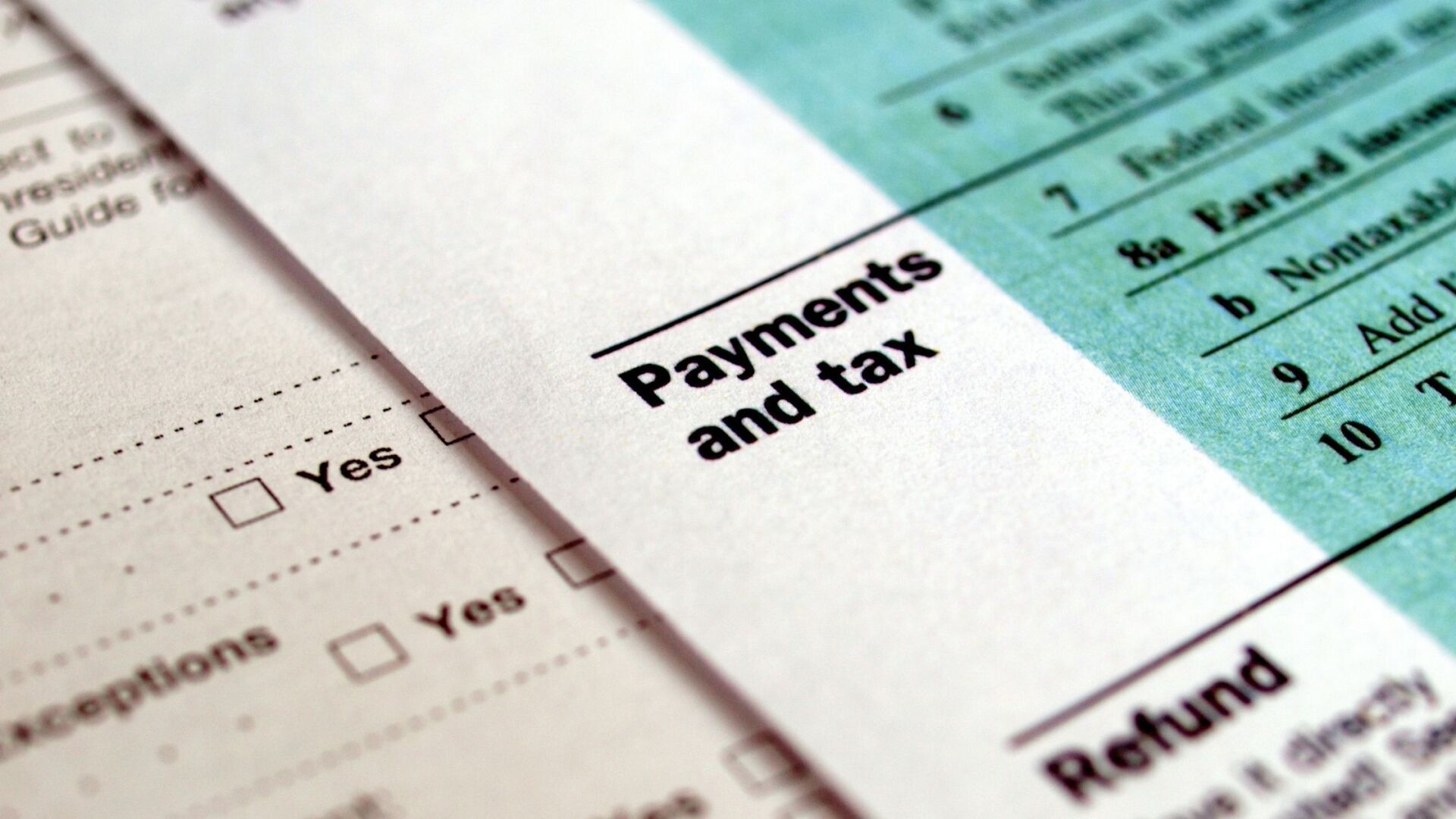Border and Delivery Group encouraging use of DDA
BY:
Gail Leeson
8 September 2021
SHARE:

HMRC have released substantial data and some of the FAQs relating to the application for and use of Duty Deferment Accounts. This is one of the essential steps needed to enable completion of the supplementary declarations needed to complete the declaration within 175 days of import, making payment for any duties owed.
The information below is taken from data and links supplied by HMRC. Often the official guidance can be difficult to negotiate, we’ve added further information to help.
FAQs That Traders are asking the HMRC helpdesk
- What is a duty deferment account?
- How does it work?
- When should I apply for a duty deferment account?
- What do I need to know before I apply for a duty deferment account?
- Can I apply for a DDA without getting a guarantee?
- How do I apply for a duty deferment account?
- Is there any support for moving goods between Great Britain and Northern Ireland?
- Can an intermediary help me?
- Where can I find more help and support?
Q1. What is a duty deferment account?
Duty deferment is the main payment method for customs, import VAT and excise duty payments. Having a duty deferment account allows a business to defer payments for customs duty, import VAT and excise, making monthly payments to HMRC through Direct Debit, instead of paying for individual consignments immediately at import or when released from an excise warehouse.
In order to benefit from a DDA, a business is required to satisfy certain authorisation criteria upon application and during the length of time that the account is held.
Q2. How does it work?
It works like a credit account where you pay HMRC via monthly Direct Debit. The payment
for customs duty and import VAT is usually taken on the 15th day of the month. This date also applies to excise registered consignees.
Excise payments are normally taken on the 29th of the following month. More information on payment dates can be seen on GOV.UK.
Once the trader is approved for use of a DDA and the account is set up, the business will be issued with a seven-digit Deferment Approval Number (DAN) which will need to be quoted on customs and excise declarations.
Top Tip: If you have instructed your agent to use your DDA number, check that the agent has indeed used this to make the declaration.
Each DDA has a deferment limit which caps the amount that can be deferred each month. Although application can be made to extend that capped limit if you find your business needs to.
You may need to provide a guarantee to support the use of a DDA.
See more information on whether you need a guarantee below.
Q3. When should I apply for a duty deferment account?
If a business imports non-controlled goods into Great Britain from the EU and uses delayed declarations, the business will need to have access to a duty deferment account when the first supplementary declaration is made. This should be within 175 days after goods are imported into GB.
When HMRC have all the information to process the DDA application, they will aim to complete the process and release the authorisation within 30 working days. This will take longer if there is a financial guarantee needed to support the application.
Top Tip: What is important is that the DDA and a Simplified Customs Declarations processes authorisation in good time to meet the 175-day deadline for supplementary declarations.
If a business completes full customs declarations at import, declaring goods to free circulation, import duties can be paid either by using a DDA (either the trader’s DDA, or that provided by an intermediary), or will need access to another payment method as duties will be payable at that point.
You cannot use delayed declarations if you are importing goods on the controlled goods list.
Q4. What do I need to know before I apply for a duty deferment account?
A business may need to provide a guarantee for duty deferment covering two months’ liabilities if not eligible for a waiver. The trader will need to arrange a Direct Debit instruction from a UK bank.
Q5. Can I apply for a DDA without getting a guarantee?
A business in GB may be able to successfully receive a DDA without the necessity of provision of a guarantee if eligible for a guarantee waiver.
Here are the details:
- A business may defer customs duty, import VAT and excise duty up to £10,000 per month without providing a guarantee if your business is solvent and you do not have a history of serious non-compliance.
- If the deferral value is above £10,000 per month, a business will only qualify for a full guarantee waiver if the above criteria are met and the business has sufficient resources to pay the full amount needed to be deferred.
These higher value authorisations may take longer to process as HMRC look more closely at the compliance history of the business applying to use it
- There is still opportunity for eligibility for a partial waiver if a business does not meet the requirements for a full waiver. •
- Those businesses that do not qualify for a guarantee waiver can still be approved to use duty deferment with provision of a guarantee.
AEO, EPSS and SIVA
- If a business has Authorised Economic Operators (AEO) status, Excise Payment Security System (EPSS) approval or Simplified Import VAT Accounting (SIVA) status, it can use duty deferment in Great Britain without providing a guarantee.
- If a business held a DDA prior to January 2021 without AEO status, EPSS approval or SIVA status, it may apply to HMRC to have a guarantee waiver applied to the existing DDA.
- UK VAT registered businesses can account for import VAT using Postponed VAT Accounting (PVA) for goods they import into Great Britain from outside the UK and into Northern Ireland from outside the UK and EU.
- This means that the business will account for and recover import VAT on the same VAT return.
- If a trader uses PVA then there is no need to include the relevant import VAT amounts in their duty deferment account or any associated guarantee.
Q6. How do I apply for a duty deferment account?
A business can apply for a DDA and an optional guarantee waiver in Great Britain using an online application form. If applying for a guarantee waiver for over the £10,000 limit, a PFS1 form will need to be completed to provide the additional information on financial standing and for the submission of necessary supporting documents.
Q7. Is there any support for moving goods between Great Britain and Northern Ireland?
The Trader Support Service (TSS) has been established to support businesses impacted by the Northern Ireland Protocol. The service is free to use and can complete declarations on behalf of traders so that they do not need to engage directly with new digital customs systems or processes.
A trader currently has access to use the the TSS’s duty deferment account, which could be useful while their own business DDA application is in process.
HMRC is encouraging larger businesses to obtain their own DDA by 1st October 2021 for use in Northern Ireland. This will give access to an extended deferment period.
Such businesses would still have access to use the TSS’s DDA if necessary.
Q8. Can an intermediary help me?
Most businesses use intermediaries – that is third party agents, such as customs agents, freight forwarding companies and fast parcel operators, to deal with customs declarations for them.
Some SMEs have had difficulty in determining adequate resource to make their customs declarations for them. HMRC have therefore published information to support traders in finding an intermediary and have published an updated list of intermediaries who have committed to taking on new clients, with detail of the services offered.
Established Intermediaries
- Intermediaries may be approved or authorised by HMRC for customs facilitations, including to use their own DDA, which can be employed on a traders behalf.
- Some intermediaries may still require a business to have their own DDA, so it is worth checking this with them.
- A business may need to provide written authority to HMRC before an intermediary can use the business’ DDA to support an import.
Top Tip: Give clear instructions to your Intermediary
It will be important to check the details of the DDA that has been used at import. An intermediary will make a charge for an importing business to use the agent’s DDA. To check that your instructions have been followed you can either:
- Request a weekly Deferral Account Statement or
- Make this part of the business routine check against the Management Support System Reports.
The MSS reports
give clear indication of a company’s imports and or exports. Apply for both HMRC reports using the link above and make checking the reports against your cross-border activity part of a regular compliance check routine.
If you move goods between GB and NI, the TSS will act as an intermediary and use can be made of the TSS DDA, as explained above.
Q9. Where can I find more help and support?
HMRC have released some good quality webinar data. The webinars are free for registration and afford the opportunity for the trader to ask questions.
Recorded webinars are available on YouTube and are worth a watch. They give good background information.
The devil, however, is in the detail, so having good supporting training is also advisable to enable putting HMRC processes into effective working practices.
Compliance is everything.
More information on where to watch videos, sign up for email alerts and register for webinars to learn more about UK transition can be found on the help and support page on GOV.UK.
- Customer support packs, including a personal supplementary declaration planner can be found in the link below.
- It is a major non-compliance issue for a business to have imported goods without making a customs declaration in good time.
- If a business has used delayed declarations, there is a 175 day deadline to make the supplementary declaration
Other sources of HMRC support:
Ask specific questions about HMRC processes for importing or exporting by accessing the HMRC customer forums.
Give HMRC a call: 0300 322 9434 to speak to an HMRC Advisor
HMRC customer service advisors are available to answer queries on the Customs and
International Trade helpline. This line has been set up to help businesses with particular working practice questions relating to importing, exporting and using customs reliefs.
The helpline is open as follows:
8am to 10pm Monday to Friday
8am to 4pm at weekends.
Sign up for updates by registering below for data to be delivered directly to your inbox.
HMRC are keen that businesses sign up for the updates, so please feel at liberty to share the link above.
OneCall™ Email assistance as and when required; A one-call solution for all your import, export and customs enquiries. Export help. Import help. Customs help.
Stay informed about customs and international trade matters by subscribing to our OneCall™ service. This comprehensive offering includes a dedicated email helpline for support, timely practical updates direct to your inbox (Did You Know?), monthly UK Customs & Trade Briefings and access to an interactive members' area with an exclusive community for our subscribers.
International Trade Updates & Spotlight Newsletter
Subscribe to our free information emails covering international trade topics...
MORE INDUSTRY INSIGHTS...

Highlighted in the most recent Notice to Exporters (NTE), why compliance matters. A company director has received a prison sentence after attempting to export controlled military-grade equipment without the required UK licence. The case, published in the UK government’s Notice to Exporters 2026/03 19-02-2026, highlights the seriousness with which UK authorities enforce export controls and Customs.








